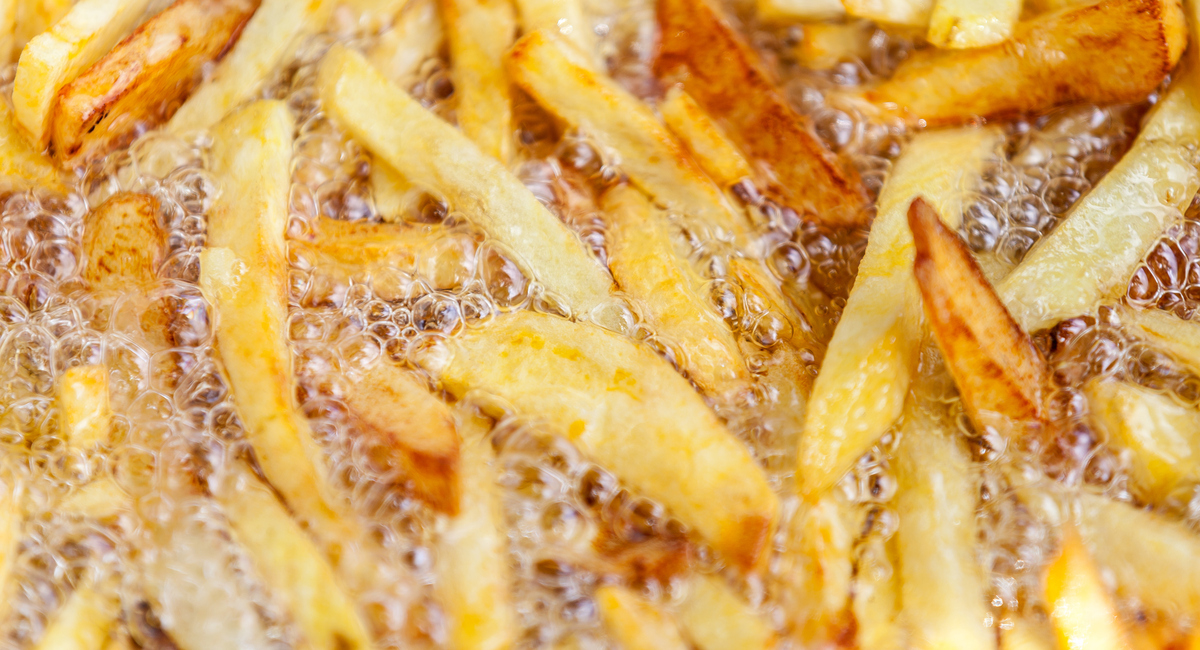We know recycling used cooking oil is ethical and good for the environment. But when it comes to which type of oils can be recycled and which cannot, not all oils are created equal. Not all used oil types can be recycled.
The Basics of Recycling Used Cooking Oil
The process of recycling used cooking oil begins with filtration to remove food particles and impurities before undergoing chemical and physical transformations, depending on the desired end result and use. Certain conditions render some oil types unsuitable for the necessary recycling process.
Why Can't Certain Oils Be Recycled?
There are a couple of reasons why some cooking oils should not be recycled along with regular cooking oil. Some contain a high amount of water, which can make it difficult to process during recycling. Others like spiced or flavored oils may have leftover food particles that can also complicate processing.
So, which oils can and cannot be recycled? Let’s break it down:
Recyclable Oils:
- Vegetable oil
- Canola oil
- Peanut oil
- Corn oil
- Olive oil
- Soybean oil
- Coconut oil (if liquid)
- Butter
- Margarine
- Shortening
Non-Recyclable Oils:
Motor oil should never be mixed with recyclable cooking oil.
Let Allied Renewal take the guesswork out of your recycling. Our experts are ready to consult on a solution for your used cooking oil today!





